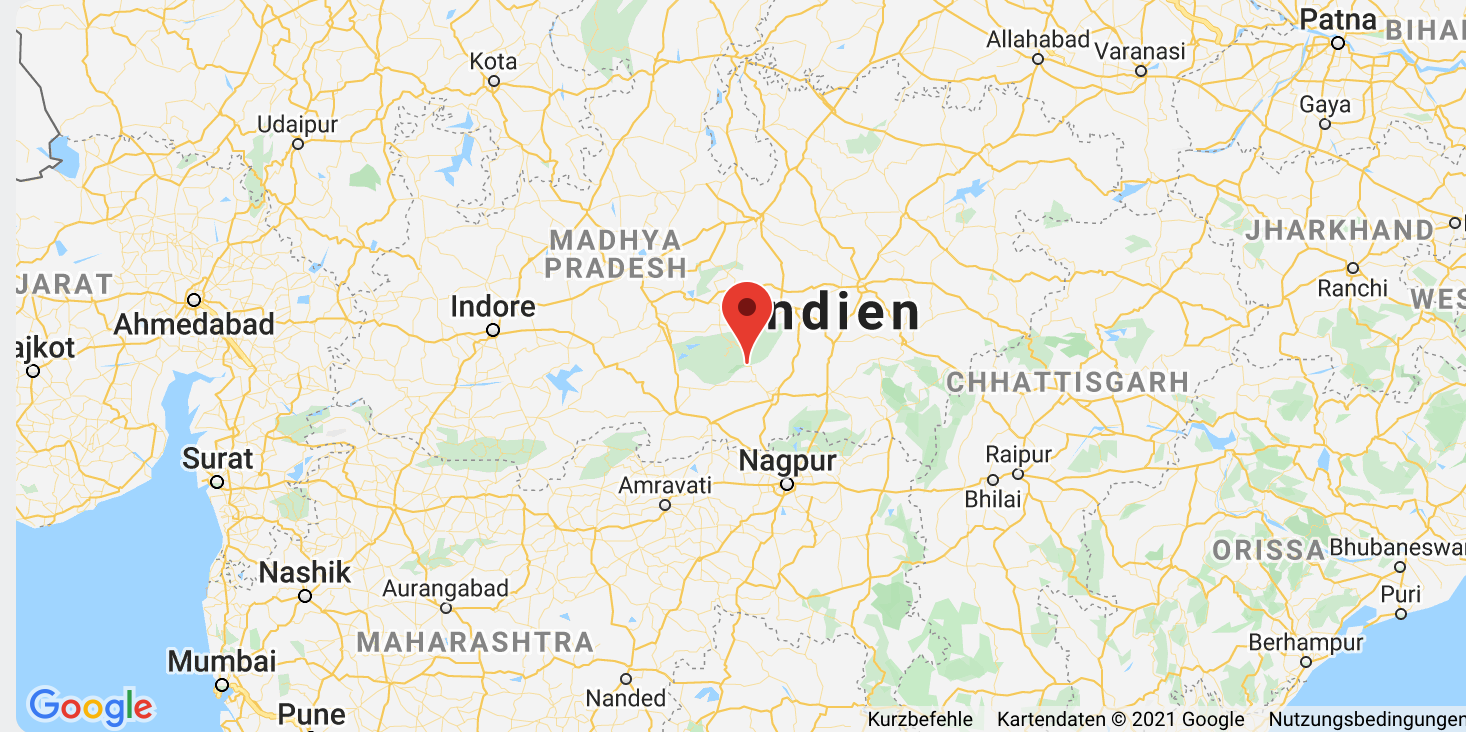Background
Leprosy is a poverty-related disease that occurs in the world’s poorest areas. Each year over 200,000 people worldwide are newly diagnosed with leprosy. Over 60 percent of these live in India. Leprosy thrives in environments where people are malnourished, live in cramped conditions, and in poverty. Leprosy is transmitted from person to person as an airborne infection, and decades can pass until the disease breaks out.
For many years, victims of leprosy in India had little or no access to public hospitals. This affected in particular people that were living with the disabilities and abscesses caused by leprosy. In the seventies, FAIRMED established several leprosy hospitals in India with the aim of providing proper and respectful treatment for people affected by leprosy. Among other services, these hospitals carried out restorative surgical treatment for the hands and feet, and offered physiotherapy and reintegration programs. They also attended to people who had suffered an allergic reaction to leprosy treatment. Many of these measures were aimed at counteracting the strong stigma that is attached to the disease. These leprosy hospitals were originally constructed outside of residential areas, and thus schools were also constructed at the sites for the children of hospital staff.
As part of its strategy at the turn of the millennium, the World Health Organisation called for the treatment of leprosy to be integrated with public healthcare services. Within the scope of this strategy, the original leprosy hospitals were turned into reference centres for complicated leprosy cases. Since that time, the hospitals have also offered affordable or even free-of-charge treatments in the area of general medicine.
The Project
Each of these hospitals is integrated in districtwide projects that are aimed at preventing the disabilities caused by leprosy, or at halting their progression. The health personnel are trained at guiding people affected by leprosy towards the independent care of their wounds. Consequently, only those people with advanced leprosy cases require referral to the hospitals. In addition, a leprosy case recognition program is actively pursued together with local health authorities and accredited community helpers. Throughout, the quality of leprosy treatments is continuously improved.
Population trends mean that the city boundaries have shifted. The former leprosy hospitals – originally constructed far from the cities – are now in the suburbs. For this reason, the schools at the hospital sites are now also open to local children. Attendance at these schools is fee-based. This revenue is aimed at helping the schools to become self-supporting in the near future, and also enables FAIRMED to finance scholarships for children from leprosy affected families.
FAIRMED supports the following hospitals and schools in India:
Emmaus Swiss Hospital in Palamaner
Sacred Heart Leprosy Centre in Kumbakonam
Hubli Hospital for the Handicapped in Hubli
RISDT Hospital in Kathipudi
GRETNALTES-Hospital in Morampudi
Emmaus School in Palamaneer
Referral English Medium High School in Kathipudi
GRETNALTES School in Morampudi
Objectives and Activities
By developing the scope of services and increasing the quality of healthcare, access to better quality health ser-vices for people affected by leprosy is being improved in the selected hospitals. The overarching objective of the project is to treat people affected by leprosy in order to prevent the progression of related disabilities. To accomplish this goal, the following selected measures and activities are being pursued:
Through outpatient and inpatient treatment in the hospitals people affected by leprosy receive a higher-quality medical treatment
Treatment of complex leprosy cases.
Treatment of patients by trained medical personnel.
Partial or total absorption of the costs of treatment for people in need.
Qualitative improvement of leprosy treatment in the context of district-wide projects.
Prevention of disabilities; treatment of existing disabilities.
At the schools, children of people affected by leprosy as well as the general population receive a basic education of high quality
Regular lessons with age-appropriate educational content.
Empowerment and strengthening of leprosy-affected families through education.
High quality basic education for children of rural origin.
Targeted support for girls.
Sustainability and Monitoring
All FAIRMED projects are implemented in cooperation with the local official agencies and with the inclusion of the population on the ground. The regional FAIRMED country offices are staffed exclusively by local employees. With this approach, and aided by consistent monitoring, problems can be identified in a timely manner, causes can be analysed, and methods and objectives can be adapted where necessary. The direct integration of health ministers and partner organisations also ensures that projects can be transferred at a later point and continued without the support of FAIRMED.
Beneficiaries
The beneficiaries of the project are leprosy patients referred to and treated by the hospitals within the scope of district-wide programmes for the early detection and early treatment of leprosy. The families of those affected and the people of the districts also benefit from the improved healthcare and treatment provided by well-trained medical staff.
No one should suffer or die from a curable disease
George Kurian John • Country Coordinator India
Support FAIRMED